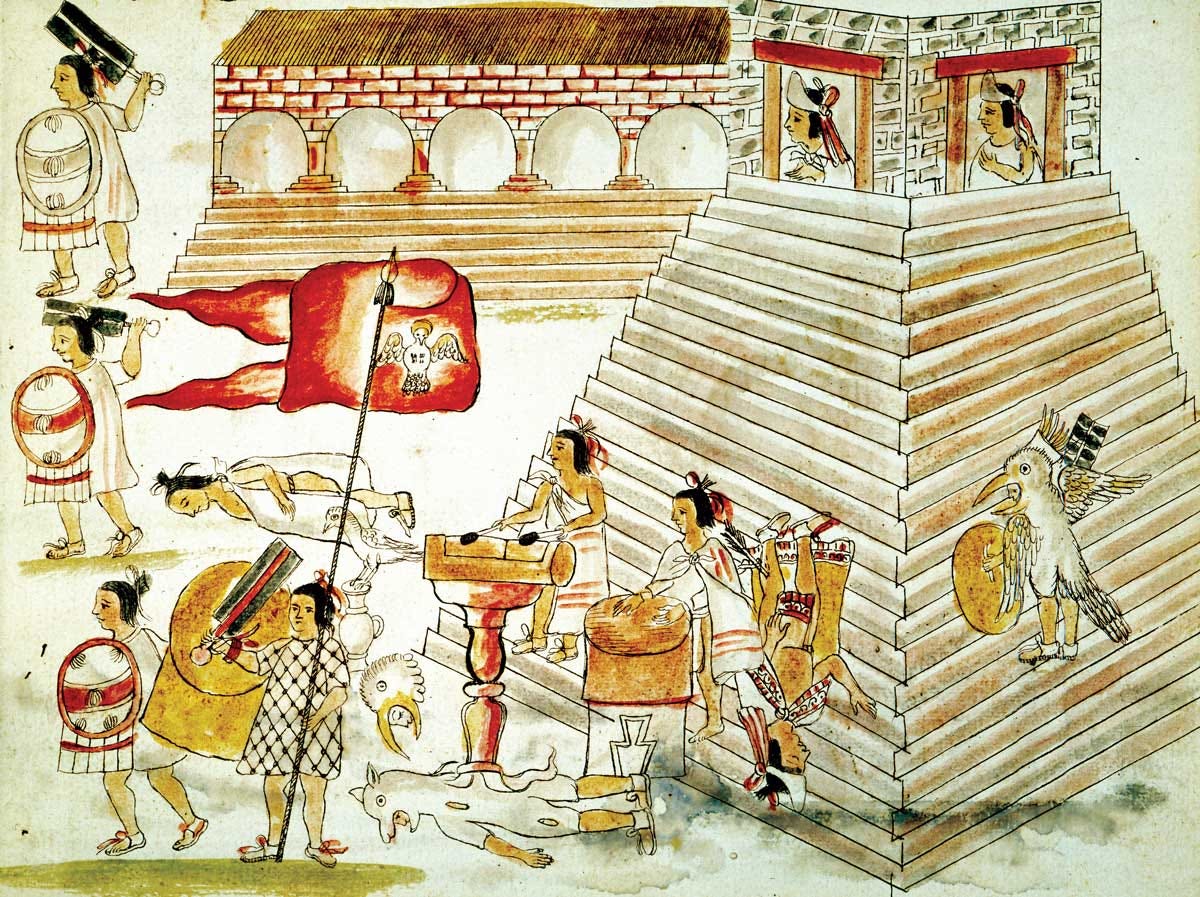Three Histories of the New World
Yet another, reviewed.
I wrote a book review for The American Conservative print edition in June, that’s now out from behind the online paywall, on a new history of the Aztec/conquistador encounter. It’s the third book review I’ve gotten to write in about a year on histories of the New World, specifically histories that attempt to focus more seriously on native accounts of encounters with Europeans.
I don’t think this book was very good, both because it was dry as a bone and because it purported to tell the native side without actually trying to articulate the native experience. We have copious Aztec texts from the fall of Tenochtitlan, and the narrators don’t portray themselves and their people as just like the Spaniards. There are real, gaping cultural differences that matter for our understanding. Taking them into account may mean upsetting both right-leaning readers unconvinced that there’s something to be learned from native versions of history, and left-leaning readers who would like to impose a contemporary racial/social reading on a more complicated set of events.
A pinched view of New World history is acceptable if you’re a European, I think. But for natives of this hemisphere, buying nonsense narratives of your land’s history and the histories of the people on it hurts only us. If you’re an American, you owe it to yourself to have an understanding of the country that moves beyond noble savage utopianism, and manifest destiny chicanery. You may not have the same obligations about Central and South American history, but I feel some; there were men with my last name and from the same regions of Spain as my ancestors on Cortés’ conquista.
Please do give TAC the clicks and consider reading the full review here.
One fascinating fact I didn’t know before this piece: Cortes commissioned the construction of three ships on the Pacific coast of Mexico in 1535, to continue sailing across the Pacific and locate a path to the Spice Islands. These ships were built 6,000 miles from home, with almost entirely local materials, without a dedicated port. Pretty cool.


